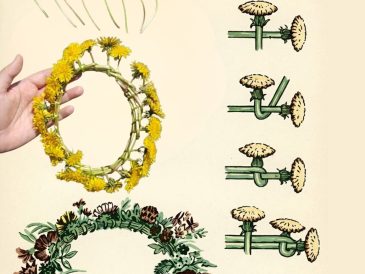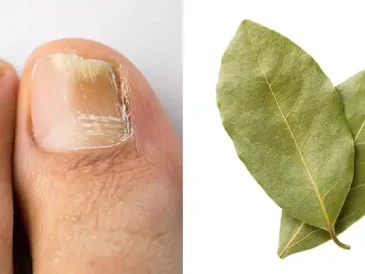How to Tell if Wine Has Gone Bad? Three Easy Clues to Get the Answer
Wine can be a delightful experience when enjoyed at its best, but nothing is worse than opening a bottle only to find it has gone bad. Whether it’s a forgotten bottle in your kitchen or one you’ve just uncorked, knowing the signs of spoilage will save your taste buds from disappointment. Luckily, there are some simple ways to tell.
Here are three easy clues to know if your wine has gone bad:
1. Check the Smell
Wine should have a pleasant aroma—whether fruity, floral, earthy, or spicy. If your wine smells off, it’s usually the first warning sign. Be on the lookout for:
- Vinegar or nail polish remover smell: Indicates oxidation or acetic acid bacteria.
- Wet cardboard or musty odor: A sign of cork taint (TCA contamination).
- Cooked or burnt sugar scent: Suggests the wine was exposed to too much heat (“maderized”).
If the smell is unpleasant, trust your nose—it’s probably gone bad.
2. Look at the Appearance
A quick glance can reveal if something’s wrong.
- Cloudy wine: Unless it’s unfiltered or a natural style meant to look hazy, cloudiness is often a spoilage sign.
- Color changes: Red wines that turn brownish or white wines that look deep golden (when they shouldn’t) usually indicate oxidation.
- Sediment or fizz (in still wine): A little sediment is normal in aged wines, but unexpected fizz in still wine means unwanted fermentation.
3. Taste Test (Just a Sip!)
Finally, if the wine passes the sight and smell tests, take a small sip.
- Flat or dull taste: Suggests the wine has lost its character due to oxidation.
- Excessively sour or vinegar-like flavor: A sure sign of spoilage.
- Overly sharp or fizzy taste (when not sparkling): Indicates secondary fermentation.
If the flavor is unpleasant or unbalanced, it’s best not to drink it.
Bonus Tips for Preventing Spoilage
- Storage matters: Keep bottles lying on their side (to keep corks moist), away from direct sunlight, and at a consistent cool temperature.
- After opening: Reseal tightly and refrigerate. Most wines stay good for 3–5 days, though fortified wines like Port last longer.
- Trust your senses: When in doubt, don’t drink it.
Final Word
Wine doesn’t have to be intimidating—by relying on your nose, eyes, and taste buds, you can quickly tell if it’s still enjoyable or if it belongs down the sink. Spotting these signs ensures you only savor wine at its best.





